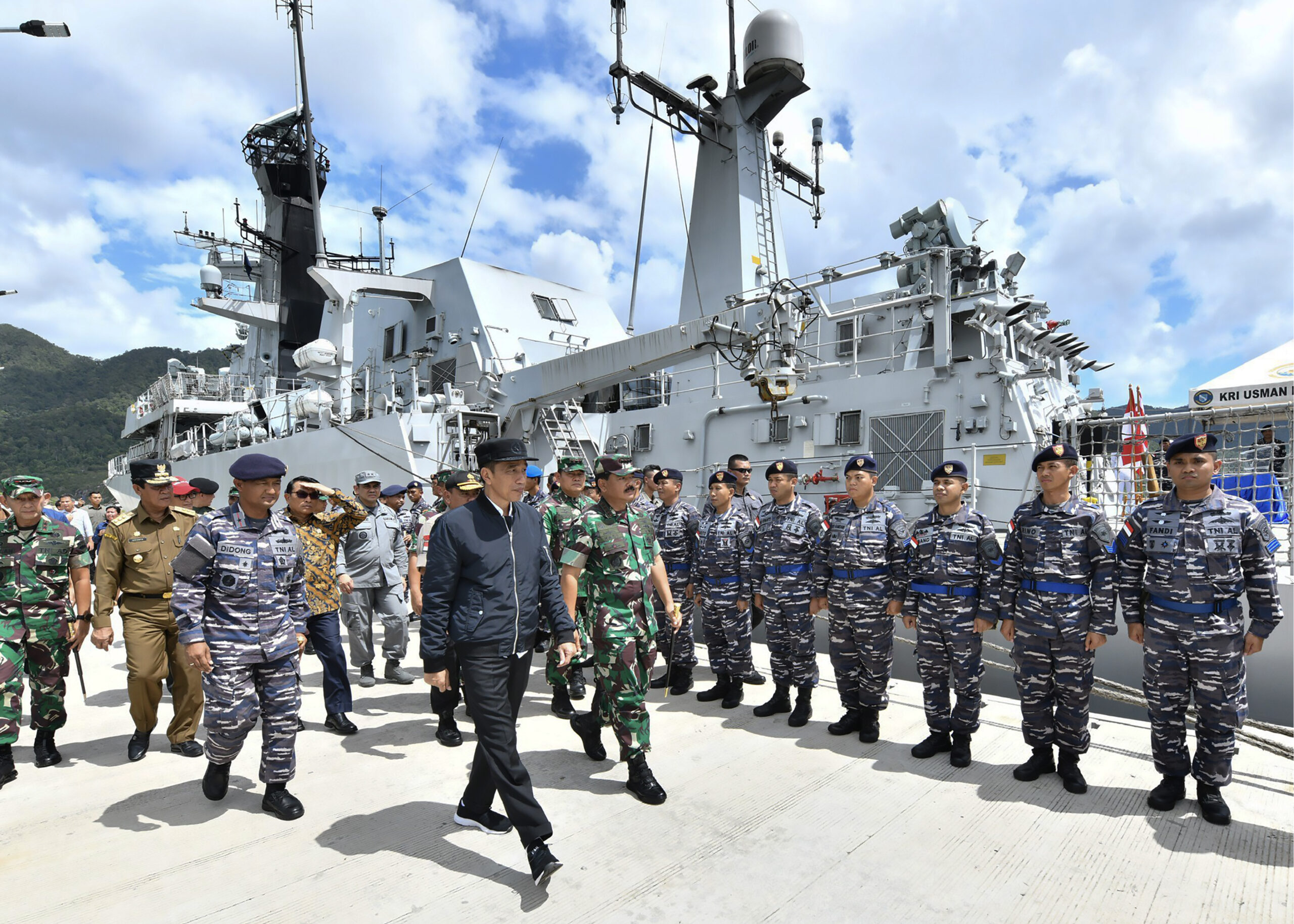United States Secretary of State Anthony Blinken kicked off a Southeast Asia tour in December with a visit to Indonesia, during which he emphasised the importance of free and open seas in the region.
“We are working with our allies and partners to ensure the region remains open and accessible for all. We are determined to ensure freedom of the seas in the South China Sea,” Blinken said during remarks at Universitas Indonesia on 14 December.
As many experts have noted, the Indo-Pacific concept of international relations is very much driven by the region’s strategic maritime advantage. As the largest archipelagic state in the Indo-Pacific and the world, Indonesia is at the centre of this discourse and the US needs to maintain strong maritime cooperation with Indonesia.
In addition to the US commitment to increasing trade and investment and promoting security in the region, Blinken signed three Memorandum of Understanding (MoU) with Indonesia to enhance partnerships. They included agreements on education, renewal of cooperation with the Peace Corps and an extension of maritime cooperation, which will remain in effect until 2026.
In the last several years, Indonesia and US maritime security cooperation has been extensive. The measures include establishment of Indonesia’s maritime security training center in Batam and a joint bilateral maritime exercise called Cooperation Afloat Readiness and Training, among others.
While maritime cooperation between Indonesia and the US cooperation mostly on security, a 2015 MoU covers other initiatives including expanding marine science and technology collaboration and promoting environmentally sustainable economic growth.
Considering Indonesia’s strategic maritime location in the Indo-Pacific, there is also robust maritime cooperation between Indonesia and China, which signed a MoU in June to enhance this association. Chinese foreign Minister Wang Yi noted the MoU was intended to “enrich, expand and upgrade” maritime cooperation between Beijing and Jakarta.
Unlike its maritime cooperation with the US, which focuses on security, Indonesia’s agreement with China seems to emphasise economic aspects.
Indonesia and China agreed to build a fish storage centre to allow fisheries cooperation. Other new projects include ecological marine pastures and seawater desalination.
The maritime cooperation between Jakarta and Beijing seems part of efforts to intensify and align China’s Belt and Road Initiative with Indonesia’s Global Maritime Axis vision.
Indonesia’s agreement with China seems to emphasise economic aspects
While Jakarta and Beijing aim for more robust maritime cooperation, there are some challenges and divisions between the Indo-Pacific partners.
China has increased tensions in the South China Sea by making widespread territorial claims and increasing military activity in the region, as well as constructing facilities on man-made islands the Asian powerhouse has built in the disputed waters. China’s claims have drawn in neighbouring Brunei, Malaysia, the Philippines, Taiwan and Vietnam, all of which want access to the area’s oil and natural gas, while the US has also stepped up regional naval activity.

Even though Indonesia is not a claimant to the South China Sea dispute, the country has a huge interest in maintaining peace and security in the disputed area. Indonesia has been actively conducting naval exercises with the claimant countries and participated in the negotiation of a regional code of conduct.
In recent months there have been violations of Indonesia’s sovereign rights in the country’s exclusive economic zone and continental shelf, which China claims is part of its historical fishing grounds. There were previous incidents including illegal fishing and Chinese survey ships entering the Indonesian exclusive economic zone. China also protested Indonesia’s drilling in its Tuna Block area on the continental shelf.
These disagreements have become a security concern for Indonesia, leading the Indonesian public to view China more as a threat in the maritime area rather than offering opportunities for cooperation.
With the increased perception of China as a security threat to Indonesia, maritime security cooperation with the US seems to be increasingly timely and important as a method to bolster Indonesia’s maritime defence and capacity to protect the country’s interests at sea.
Status as a non-claimant in the South China Sea, as well as a strategic maritime location, has put Indonesia in a strong political position. Maintaining maritime cooperation with Indonesia is important to the US and China to increase their respective Indo-Pacific roles.
The challenges for Indonesia will remain how to manage this cooperation to benefit both sides and assure its leadership in setting the agenda for maritime cooperation.
Aristyo Rizka Darmawan is a lecturer in International Law at the Universitas Indonesia and a member of the Pacific Forum Young Leader programme. His research focuses on Southeast Asia law of the sea and foreign policy. He holds a master’s degree in international law from the Fletcher School of Law and Diplomacy at Tufts University.


